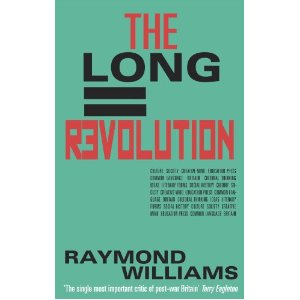The announcement yesterday of the death of Andrew Sarris, the critic who did more than anyone else to propagate the ‘auteur’ notion in the United States, is a timely moment to note how large such a concept still looms, particularly in the indie sector. The idea that the single figure of the director should be seen as the single overriding ‘author’ of a film remains controversial, of course, in so collaborative a medium. It’s often disputed, academically, in studies of all the other factors that shape and determine the nature of individual films and also more practically, particularly by screenwriters. But the significance of the director is clearly variable depending on the nature of the film practice involved and an auteurist approach does seem more justified in much indie cinema, particularly where writer and director are sometimes the same person. Whatever else we think about it, it’s still certainly seen as having plenty of mileage as far as the selling of many indie films is concerns. The name of the filmmaker remains the major hook for discourses surrounding recent films discussed here, for example, such as ‘Wes Anderson’s’Â Moonrise Kingdom, ‘Lynn Shelton’s’Â Your Sister’s Sister and ‘Todd Solondz’s‘Â Dark Horse. It’s hard to imagine these and numerous other indie titles being discussed without heavy reference to the name of the filmmaker, and often rightly so.
It’s clear that the distinctive personal approaches of directors and/or writer-directors are often very much to the fore in such work. Even here, though, we can situate these more broadly. The work of the most individual of filmmakers that reaches any kind of commercial distribution remains shaped and/or constrained in various ways, both industrially and through the manifold ways in which they are likely to draw on various kinds of broader socio-cultural currents or perspectives. We end up here in very broad territory of debate about the relationship between individual and wider culture or society. And, again, this is an arena in which Raymond Williams has much to offer us. I posted recently on the continued relevance of his classic Culture and Society to understanding of discourses relating to cultural hierarchies that remain very much in play today. I’m currently reading his follow-up, the Long Revolution, first published in 1961, which includes a finely nuanced account of the manner in which we can comprehend the close relationship between that which is socially determined and that which carries the marks of particular individuals; the two, he suggests, existing in a mutually informing relationship to such an extent that neither extreme point (individual or society) can be understood in the abstract or in isolation from the other and various mediating factors. It’s good stuff, worth being more in circulation today than is usually the case. An interesting complement to Sarris – and published just a year before the latter’s classic essay, ‘Notes on the Auteur Theory’.


